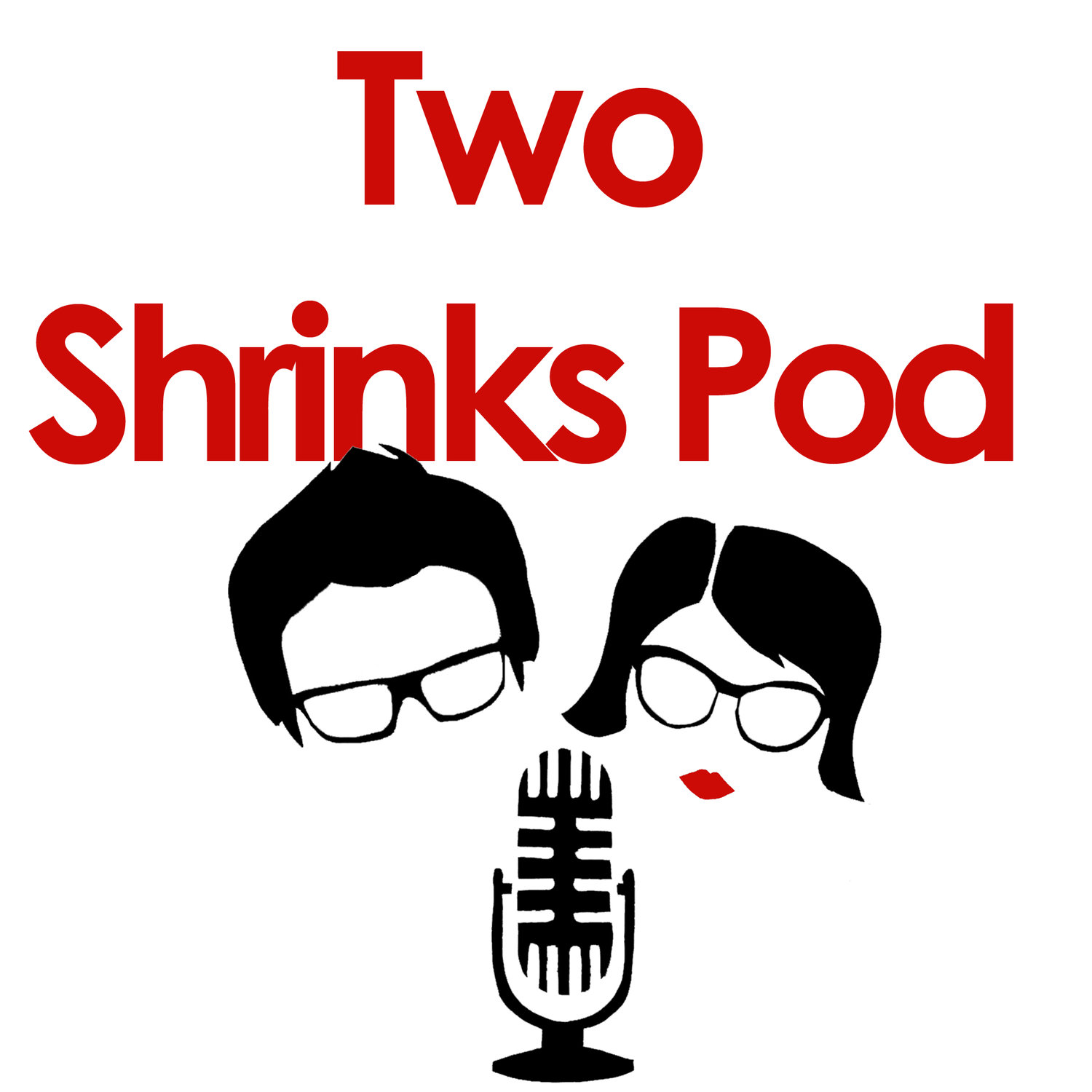Apple and Spotify’s podcast plays could leave smaller shows behind. SMH 7/5/2021
/By Tim Biggs
Subscription podcasts are the new front in the big tech platform wars, with both Apple and Spotify unveiling ways for creators and media companies to take payments from listeners directly through their respective apps.
But the push could also disrupt the traditionally democratised space, with fears that smaller independent players could be further driven to the margins under the new podcast paradigm.
Spotify already operates the world's largest paid music service, and is now challenging Apple as the dominant way people listen to podcasts.
Apple’s offering promises to make it easier for listeners to support their favourite shows, compared to the current subscription solutions available to content creators, which involve community funding services like Patreon or Ko-Fi. Listeners can pay for subscriptions directly through the iPhone’s Podcasts app and in return can access early, ad-free or exclusive episodes.
The market for premium podcasts is growing but previously has been decentralised. For example the Welcome to Nightvale podcast has more than 4000 subscribers of Patreon, all paying at least $7 every month for various perks, but each member can listen to that content wherever they want. Podcast apps are largely content agnostic.
But Apple’s move could herald a big shift where listeners discover, subscribe and listen to podcasts all inside the same app. And while the program is open for all podcasters, Apple’s hefty 30 per cent commission on every subscription payment (moving to 15 per cent if a subscriber keeps paying for more than a year and has auto-renew active) may make it untenable for all but the biggest and most well-resourced shows.
“We’ve been trying to work out how many subscribers you would need to have to be able to make a profit, from the base fee and then Apple taking 30 per cent,” said Amy Donaldson, co-host of psychology podcast Two Shrinks Pod, who has only recently begun exploring opportunities to monetise the show.
“Less than half of our listeners listen on Apple Podcasts, so you have to think ‘okay, who would be up for moving to this platform to continue listening?’ Or would we need to keep hosting it on multiple platforms, and is the workload with that outweighed by the potential benefit of being promoted or having access to a larger range of subscribers.”
Ms Donaldson is also worried that Apple’s move means it now has a vested interest in promoting podcasts it was making money from, which could hurt independent podcast creators that can’t afford to move over from community-based subscription methods that take less commission.
“I’m curious to see how much Apple promotes the shows that offer paid subscriptions over those that don’t, and whether that becomes a disadvantage if we don’t go for that option,” she said.
Shortly following Apple’s announcement, Spotify unveiled its own subscription offering. Participants would need to use the company’s Anchor podcast creation tools to qualify, but the streaming giant promises to take zero commissions for the next two years, and only 5 per cent from 2023.
However, while Apple does have a big “subscribe” button in the Podcasts app that people can hit to set up their payment and immediately unlock the benefits, Spotify will not. Because Apple and Google take a cut of all purchases made through apps on the iPhone and Android ecosystems respectively, Spotify users need to find the page of their favourite podcasts on the Anchor website to subscribe.
And while Spotify’s much lower commission would make things more attractive for independent creators, it would still only apply to the proportion of their audience listening on Spotify.
Jono Pech, host of several podcasts including Puttin’ In Work — an interview show about the creative process — said many creators would be hesitant to put subscriptions on only one platform, and only the biggest players had the capacity to juggle offerings across all of them.
“It would be incredibly tricky to balance Patreon, Ko-Fi, Apple and Spotify subscriptions with the same content, making sure each audience is getting equal value and perks for the same price,” he said.
“It makes more sense to keep it simple for your audience to support you, and to put your energy into one platform that can build momentum and even a sense of community. Only a small percentage of listeners are passionate enough or have the income to financially support independent creators, so I think it’s important to be accessible to everyone when you’re still trying to grow your outlet.”

